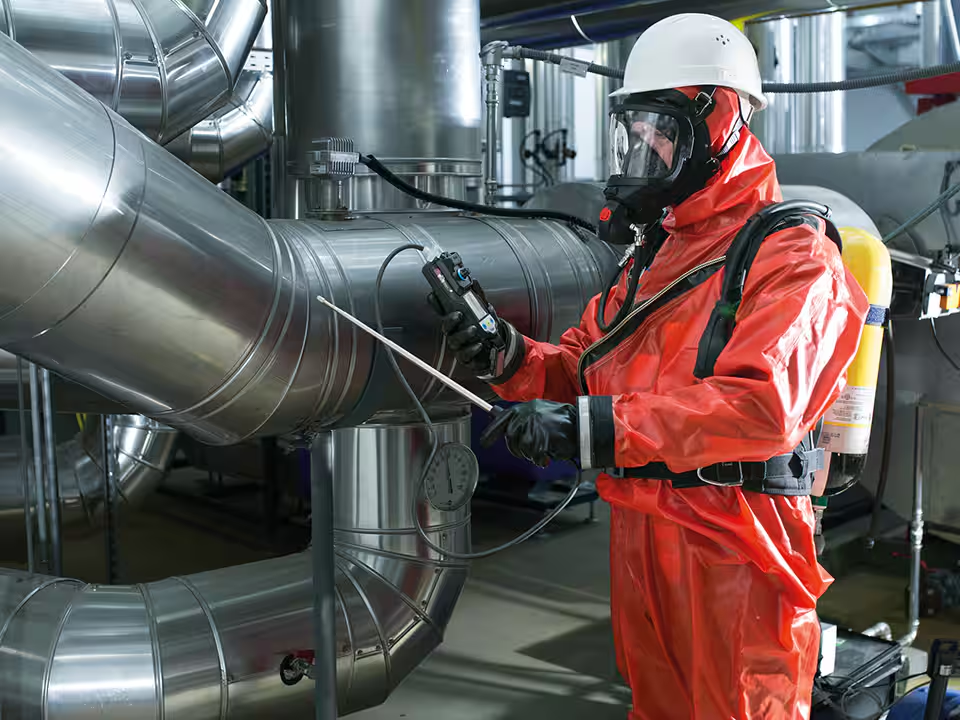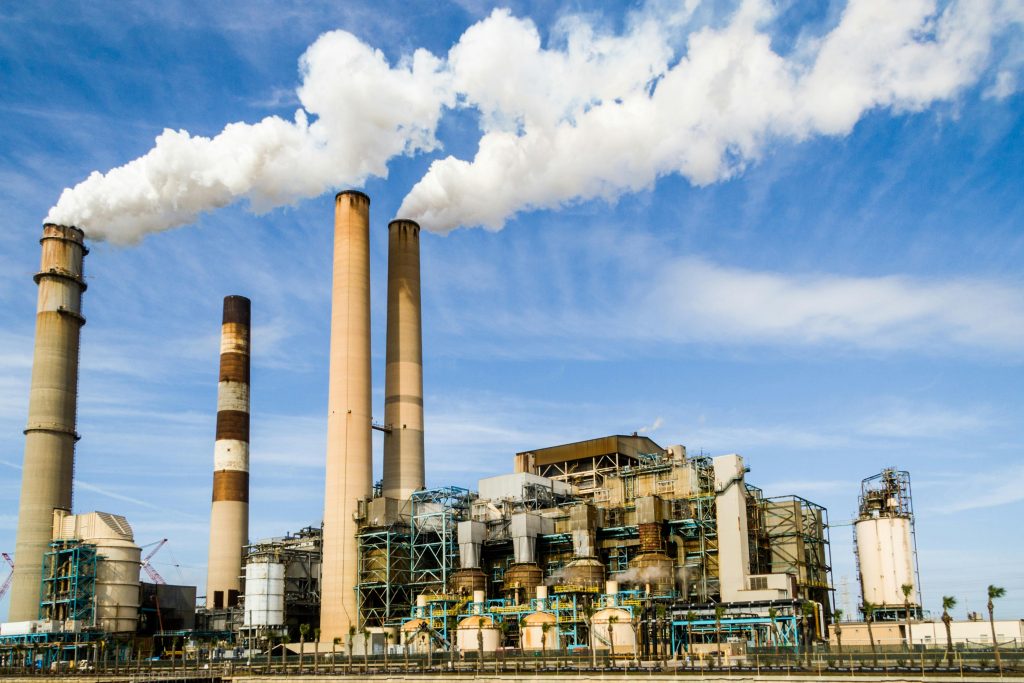(+91) 8319733715
Info@aeero.ac.in
Student login
Organization Login
Admin Login

Aarav Educational & Employment Research Organization (AEERO)
Established Since 2018 Regd. Under Indian Trust Act 1882 Registration No. 245/18 Under Govt. of NCT of Delhi NGO Darpan/ NITI Aayog, Unique ID: DL/2023/0352409


The question of safety in industries is no longer a matter of choice; this is an inherent component of the contemporary workplace.
As the construction, oil and gas, manufacturing, aviation and IT parks industries are booming, the number of trained industrial safety professionals has risen drastically.
Accidents and incidents involving fire at the workplace cost the world a lot every year, both in human lives and properties. It has been documented by the International Labour Organization (ILO) that the number of deaths caused by accidents and diseases in the workplace is over 2.93 million every year around the globe.
The figures given by the National Crime Records Bureau (NCRB) in India indicate that there are over 48,000 cases of fire-related incidents every year, and this is the reason why it is extremely crucial to have qualified personnel in the area of fire and industrial safety management.
Programs such as the Diploma in Industrial Safety Management and the Advanced Diploma in Industrial Safety Management equip students to address this critical need, and therefore they have practical skills and knowledge of the theory to promote workplace safety.
The Diploma in Industrial Safety Management is a career-orientated course taking one year and targeted at students after completion of their 12th standard.
The diploma is perfect for individuals wishing to venture into the safety industry in the quickest time possible and acquire practical experience in fire and safety management.
The eligibility requirement of this course is 12th pass, Science stream (preferred), but Arts or Commerce students can also apply. YCMOU-affiliated colleges and UGC-approved universities recognise this programme, and it is thus valid in all jobs in India.
This course covers the areas of the industrial safety management syllabus which include risk assessment, occupational safety, industrial hygiene and environmental safety.
They have practical training in fire and safety engineering, emergency response and workplace hazard management as well.
This mix of theory and practice means that the graduates will be adequately equipped to assume the position of Safety Officer, Fire Safety Officer or HSE Officer in most industries.

During the first year, students have a good knowledge of the principles of industrial safety. Key subjects include:
The curriculum studied during the first year gives a good background in the industrial safety management syllabus, safety engineering syllabus, and fire and safety engineering syllabus, which will enable students to effectively undertake practical duties in different industries.
The latter year is the continuation of the first year that adds more sophisticated concepts of safety and industry-specific strategies:
The second-year syllabus requires that the students be trained on the industrial safety course syllabus, the safety management course syllabus, and the diploma in industrial safety syllabus, and both theoretical and practical knowledge are combined. This equips graduates to work as competent safety officers, fire safety managers, HSE officers or engineers of industrial safety with top companies.
Remark: The course syllabus can change according to the university, state, or institute where the programme can be taken. Before joining the institution, students are encouraged to ensure that they get the right syllabus with their respective institution.

The Diploma of Industrial Safety Management is generally charged between 25,000 and 60,000 in one year, depending on the institute and the mode of studying.
It is open to fresh 12th pass students because of the direct or simple entrance admission process.
The two-year advance diploma in industrial safety management typically ranges between 80,000 and 120,000.
The eligibility requirements are 12th science with a 1-year diploma in fire and safety as a course that prepares the students to take up higher-level courses.
Other than them, there are certificate courses in fire safety or industrial safety, which are short-term courses that students can do to improve on certain skills.
These credentials are value additions to the base degree and enhance job marketability in the competitive job markets.
With a diploma or an advanced diploma in industrial safety management, one can get a broad spectrum of lucrative career opportunities in India and abroad. Key highlights include:
The following are industries that are employing safety professionals.
Such diploma programmes provide students with useful skills and industry competent information, therefore, making them highly marketable and equipped to undertake important safety responsibilities in various sections of the globe.
The Indian industrial sector is a high-demand area in regard to trained safety professionals. There are more than 20,000 registered factories, and they all must have qualified safety officers under the Factories Act, 1948.
The construction industry also has more than 51 million workers, most of whom require proper safety checks in order to avoid accidents.
Research has shown that proper safety education, such as the Diploma and Advanced Diploma in Industrial Safety Management, is able to help minimise accidents at work by 30-40 per cent.
As more and more regulations are enforced on workplace safety and environmental compliance, more than ever, there are more than 50,000 professionals who have been trained and who are skilled in the fields of industrial safety management, fire safety and occupational health.
Good news is that by enrolling in a diploma course, one is guaranteed a career in a developing and vital industry.


The students who undertake these programmes are provided with all the necessary study material, i.e., books, PDFs, online resources, and training manuals.
The content of the study is in line with the safety management syllabus, fire and safety engineering syllabus and the safety engineering syllabus
Because the content of the study involves all the aspects of industrial safety, fire safety, occupational safety, and environmental management.
Also, AEERO Academy students can use advanced online modules, study material, and practical tools to gain more in-depth knowledge of industrial safety standards.
On-site industrial training, hands-on workshops and simulations will also mean that each student is completely job-ready by the end of the course.
UGC Approved and MSBTE Recognised: This is to have national and global validity.
Short Duration: Diploma – 1 year, Advanced Diploma – 2 years.
Career-Focused Training: Theory and practical activities.
Low Costs: Less expensive than courses taken in a degree programme but very useful.
Strong Job Prospects: Oil & gas, construction and aviation are some of the industries that graduates can be employed.
Access to Higher Education: PG Diploma/advanced diploma in fire and safety management or occupational safety and health.
These courses offer the ideal combination of theory and practice and are thus among the best diploma courses post-12th for career-orientated students.
Conclusion
The diploma in industrial safety management (1 yr) is the course that suits fresh 12th pass students who want to get into the world of safety and industrial management as quickly as possible.
The Advanced Diploma in Industrial Safety Management (2 Years) is ideal for those students who have already earned a 1-year Diploma in Fire and Safety and would like to undertake advanced training and become Safety Engineers, HSE Officers, or Industrial Safety Managers.
By selecting an institution that is recognised by the UGC or YCMOU approved, this guarantees that your diploma will be accepted in all of India and abroad. As industries invest more attention in the area of safety management, fire safety and occupational health, the courses provide a bright and promising career.
The eligibility is 12th pass (any stream). The duration is 1 year.
Students with 12th Science + 1-year Diploma in Fire and Safety can apply. The duration is 2 years.
Yes, this program is conducted in the UGC-approved universities and the colleges affiliated to YCMOU. That is to say it can be applied to both government and private sector jobs.
Course includes safety management, fire and safety engineering, risk assessment, industrial safety management syllabus, environmental safety, and practical training
Having passed an Industrial Safety course, you are able to be employed in the oil and gas industry, construction industry, manufacturing, aviation sectors and so on. One may find such common job positions as Safety Officer, Fire Safety Engineer, HSE Officer, Industrial Hygienist, or Safety Supervisor.
Yes, such countries as the UAE, Qatar, Saudi Arabia, and Canada are in need of safety engineers and HSE officers that may have Indian diplomas.
Our Offices
© 2025 AEERO. All Right Reserved.
Chat on Whatsapp
